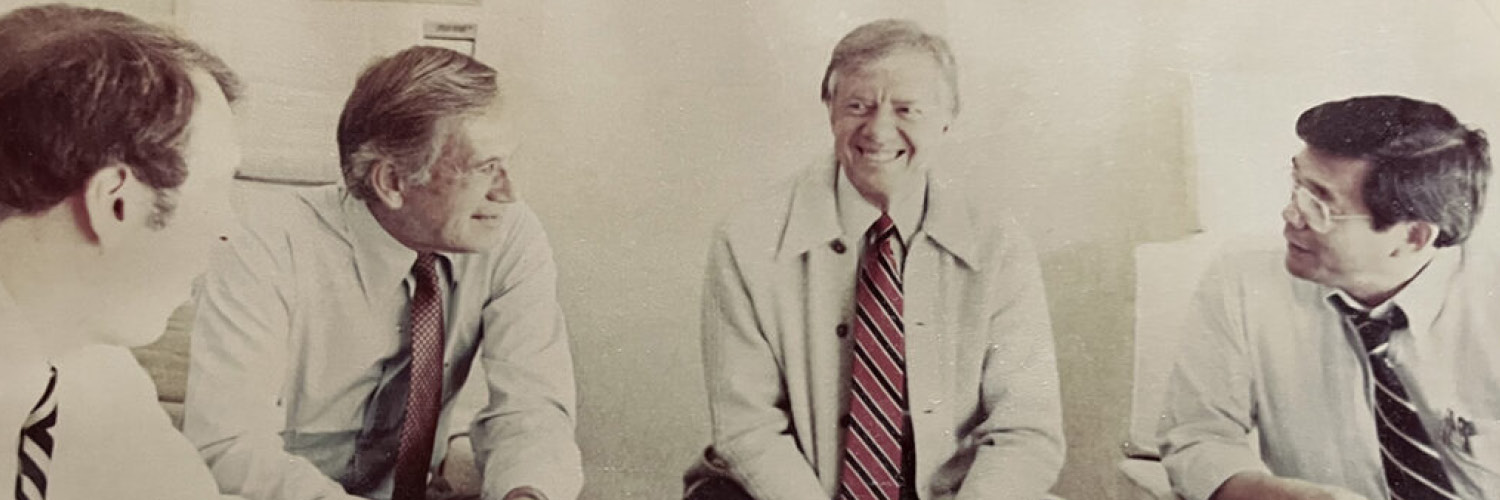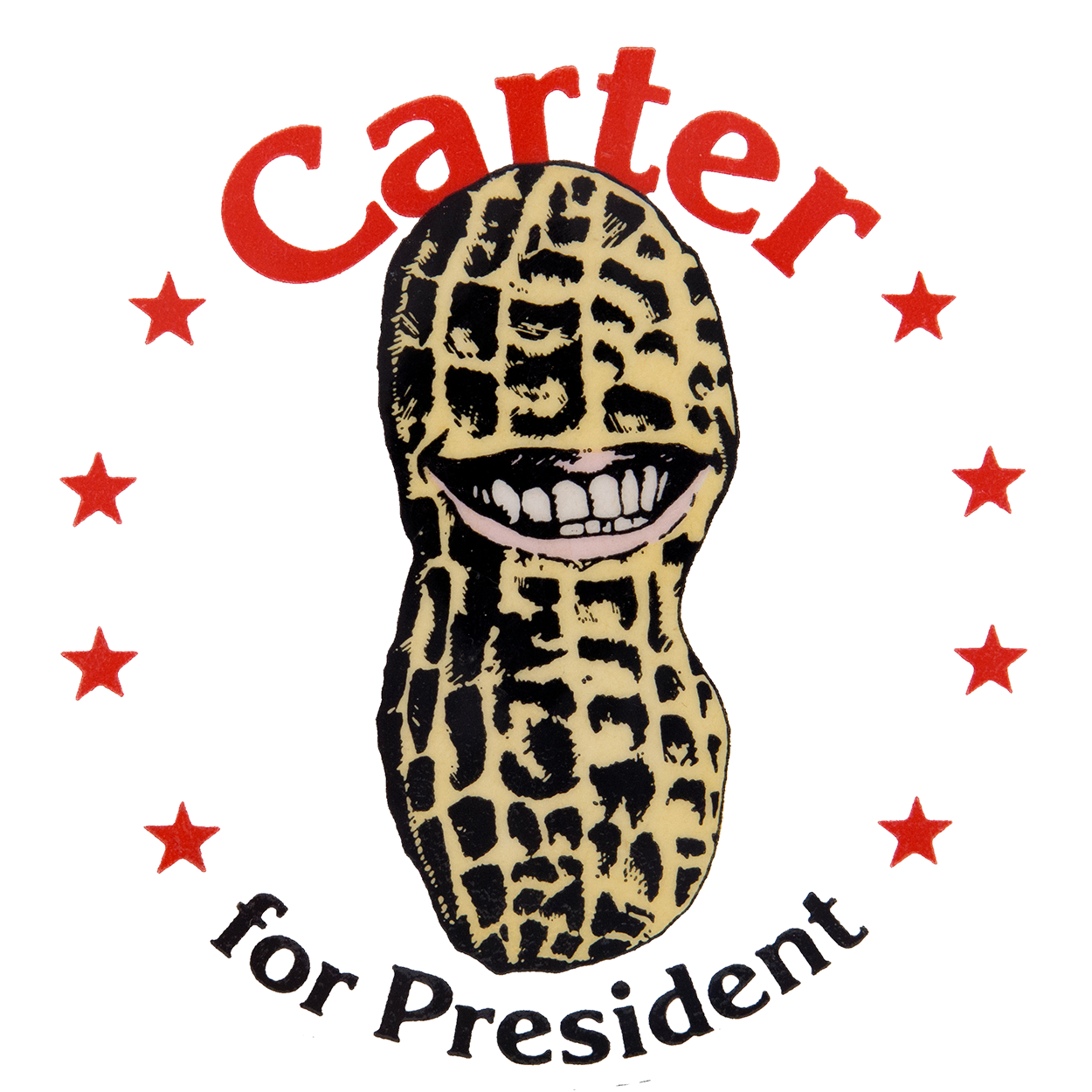
Appreciating and honoring former President Jimmy Carter
By Les Francis

El Dorado County has much appeal and many charms — spectacular natural wonders, a rich and colorful history and many good and decent people. Since moving here from Washington, D.C., seven years ago, my wife Shari and I have had occasion to enjoy all of that and more.
As a longtime Democratic activist and campaign operative, however, the area has proved to be challenging. It is a bright red county with small blue enclaves in Placerville and South Lake Tahoe. But it hasn’t always been so.
As my former boss Jimmy Carter is under home hospice care in Plains, Ga., many of us who worked for and with him have been comparing notes and reflecting on those times — his remarkable life, his misunderstood and vastly under-appreciated single term as president and his much-admired work as an ex-president.
I became an early Carter supporter, meeting him and enrolling in his cause in July 1975. Later, I took vacation time from my job on Capitol Hill to work in the 1976 Pennsylvania primary. That fall I directed field operations for the Carter/Mondale campaign in California.
While we lost the state narrowly (under 2%), we did very well in Northern California, including — hard as it is to believe today — in the Sierra foothills. In fact, 1976 was the last time the Democratic presidential nominee to carried El Dorado County (as well Amador, Lassen, Madera, Placer, Sierra, Yuba and even Shasta counties).
Four years later we lost the state by a large margin and carried only three of California’s 58 counties — Alameda, San Francisco and Yolo. We lost El Dorado by almost 30 points — quite a reversal, and not a welcome one for our side. More recently, in 2016 Donald Trump beat Hillary Clinton by almost 14 points in El Dorado County; Joe Biden did better in 2020, losing the county by less than nine points.
There are many reasons for this reversal — demographic, economic, cultural and more. But part of the reason is rank politics and it started with vigorous opposition to Jimmy Carter’s policies in places such as rural California.
Carter was a true environmentalist — a preservationist in the mold of Theodore Roosevelt. He opposed wasteful public works projects and curbed the greed of extraction industries, including timber. He believed in saving rivers, not exploiting them. He thought ranchers should pay grazing fees commensurate with the value provided.
He also was devoted to civil and human rights, including those for farm workers. He appointed more women and persons of color to the federal judiciary than all previous presidents combined. He negotiated, signed and was able to ratify the Panama Canal Treaties. He pushed for worker safety and consumer protection and for greater adherence to ethics in government.
The sad fact of political life in America, especially since 1980, is that such principles are anathema to modern “conservatives.” They have moved further right — to the point where true moderates are now disparaged as “left wingers.”
Jimmy Carter’s life and career serve as a beacon to those of us who still believe that politics can be noble, that public service is a good thing and that government can make a positive difference in the lives of everyday Americans. Those principles once resonated in El Dorado County, as well as to our neighbors north and south of us. We can only hope that they will do so again — someday.
Les Francis is retired and living in Camino. He once worked as chief of staff to Rep. Norman Y. Mineta (D-San Jose) and as deputy assistant and deputy chief of staff to President Jimmy Carter.